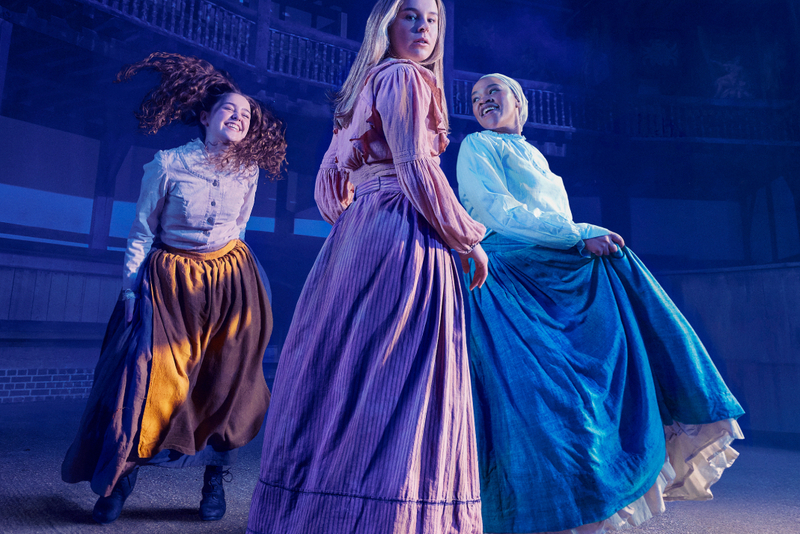What can sometimes be a powerful, passionate and unsettling piece experienced in a small fringe theatre — in this case The Kiln (formerly The Tricycle) in Kilburn — can on occasion, lose aspects of intensity when transported to a more traditional theatrical setting. Unfortunately, such is the case, with this play.
Pierre (John Light) leaves wife Anne (Amanda Abbington) and their teenage son Nicolas (Laurie Kynaston), for another woman (Amaka Okafor) as Sofia.
Those left behind, struggle with feelings of worthlessness and unimportance in the wake of his seemingly easy departure, and the son soon begins self-harming, skipping school and entertaining darker thoughts about his future.
Unfortunately, what should be an emotional ride exploring teenage angst, mental stress and parental disconnect, becomes a massively over-spun talking shop in Christopher Hampton’s translation, where the much used phrase “I understand”, becomes a metaphor for “I am not listening”. This is often writ large with overlapping spoken lines and characters bleeding out of scenes in which they are still present but play no further part. The effect in some segments is subtle and accomplished, but merely serves to confuse in many others.
There are a few moderately enjoyable moments of humanity and levity - notably when Dad shows his son the dance moves which first attracted Sophia’s attention - but otherwise, this is a fairly somber piece where a dark cloud is never far away and as things progress, looms ever larger.
Creative skills are much in evidence both on stage and off, (although stage crew sweeping-up props, whilst dressed in operating theatre swabs in the hospital scene, was perhaps self-conscious cleverness taken a step too far)! Sound design, which is so often overlooked, makes a real contribution to the whole in this production — from the deep resonant tones before the play begins, right through to more established requiem strings which play over one of the more tragic elements.
This reviewer wanted to like the effort more, but remained largely untouched because of the unexplored and under explained emotional drivers. As a consequence, he spent much of the journey home, wondering whether Zeller isn’t just another literary example of The Emperor’s New Clothes.

 Amanda Abbington (Anne), Laurie Kynaston (Nicolas) and John Light (Pierre). The Son. Photo by Marc Brenner.
Amanda Abbington (Anne), Laurie Kynaston (Nicolas) and John Light (Pierre). The Son. Photo by Marc Brenner.


